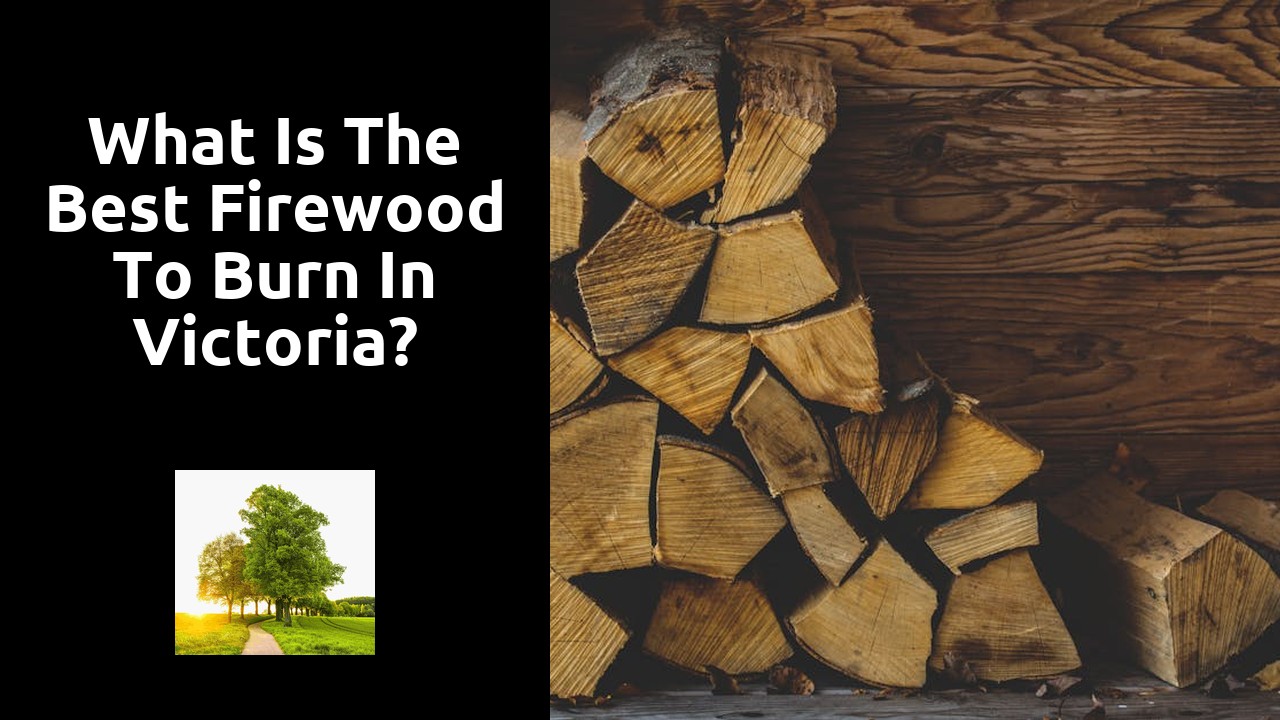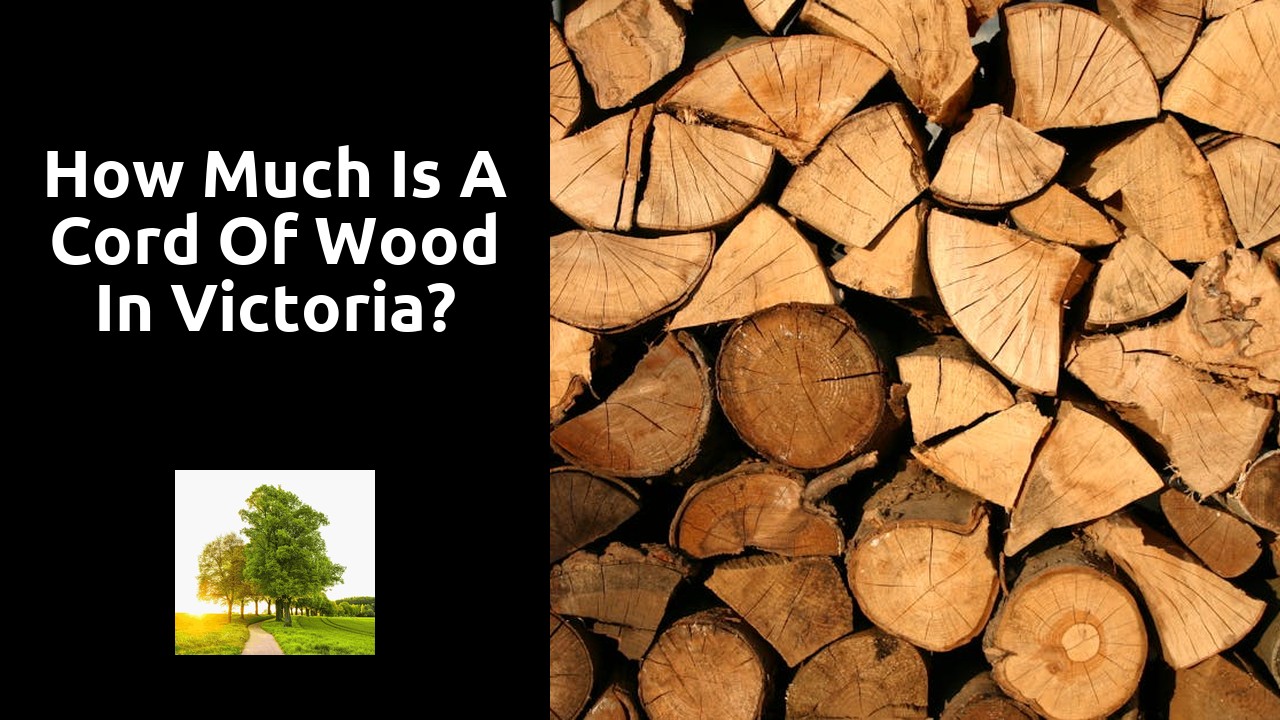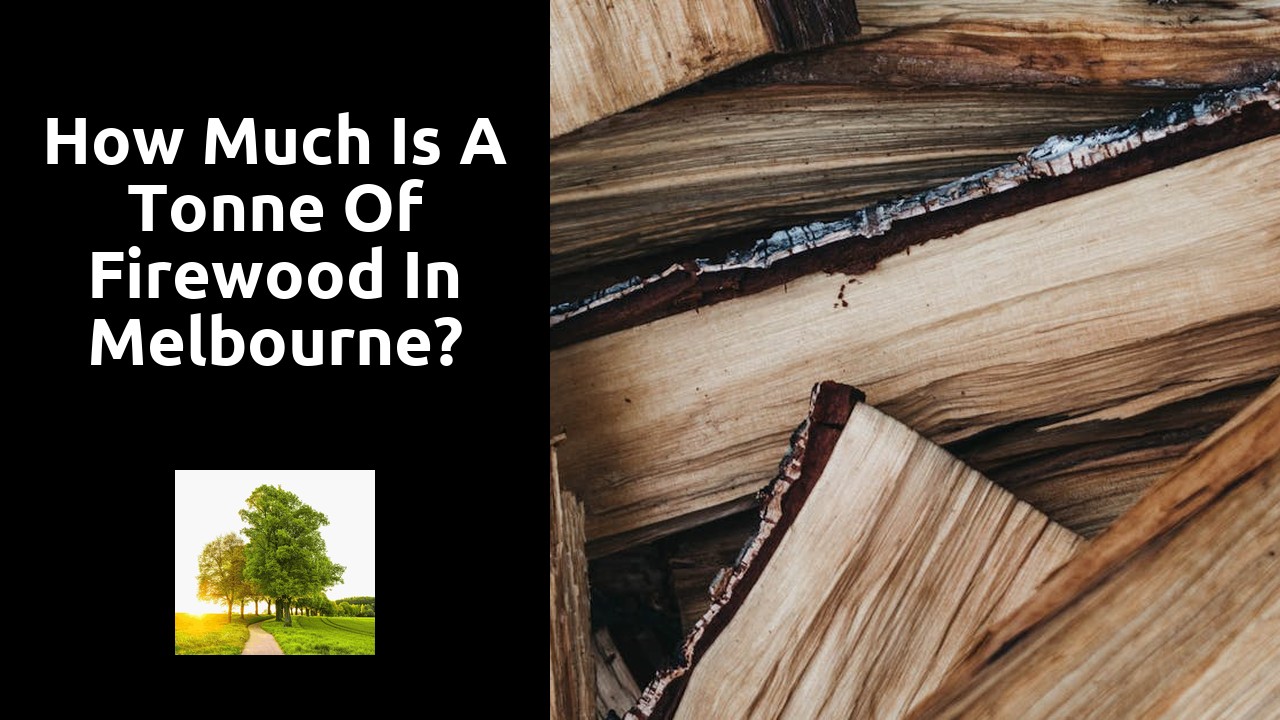
Seasoning Firewood Properly
To ensure optimal burning efficiency and minimal smoke production, it is crucial to properly season firewood before use. Whether you have access to a ready supply of Firewood near me or purchase it from a local vendor, the seasoning process remains the same. Seasoning involves allowing the wood to dry out sufficiently, reducing its moisture content for cleaner and more effective combustion. This process not only improves the wood's burn quality but also helps prevent the buildup of creosote in your chimney, reducing the risk of chimney fires. Properly seasoned firewood is also easier to ignite and produces more heat, making it a more efficient choice for heating your home.
Air Drying vs. Kiln Drying
Air drying and kiln drying are two common methods used to season firewood for optimal burning. Air drying involves letting the firewood sit outside in a well-ventilated area to naturally dry out over time. This method is typically slower, taking several months to a year to properly season the wood. Kiln drying, on the other hand, involves placing the firewood in a kiln where it is exposed to controlled heat and air circulation to speed up the drying process. While this method can produce seasoned firewood more quickly, it may come at a higher cost. When considering which method to choose, it is important to weigh the options based on factors such as time, convenience, and the quality of the firewood near me.
Storing Firewood
When storing firewood, it is crucial to keep it in a dry and well-ventilated area. This helps prevent mold growth and ensures the wood remains optimal for burning. Choosing a storage location that is away from the ground, such as a firewood rack, can also help maintain the quality of the firewood near me.
Additionally, it is recommended to cover the top of the firewood stack with a tarp or plastic sheet to protect it from rain and snow. This extra layer of protection can prolong the seasoning process and keep the firewood dry. By following these storage tips, you can ensure that you have high-quality firewood ready for use when needed.
Tips for Proper Storage
When it comes to storing firewood, a crucial aspect to consider is proper ventilation. Ensure that the firewood near me is stacked in a way that allows for good airflow, as this helps prevent mold and keeps the wood dry. Additionally, storing firewood off the ground is essential to avoid moisture from the soil seeping into the wood.
Moreover, it is essential to cover the top of the firewood stack while leaving the sides open to further protect it from rain and snow. This can be achieved by using a tarp or a specially designed firewood cover. By following these tips for proper storage, you can ensure that your firewood remains in optimal condition for efficient burning when needed.
Safety Precautions when Burning Firewood
When burning firewood near me, safety precautions should be a top priority. To reduce the risk of a dangerous situation, always make sure to keep the area around the fireplace or wood stove clear of any flammable materials such as curtains, furniture, or decorations. Additionally, it is crucial to have smoke and carbon monoxide detectors installed in your home and to test them regularly to ensure they are functioning properly.
Moreover, never leave a fire unattended and always fully extinguish the fire before going to bed or leaving the house. It is also essential to have a fire extinguisher nearby and to know how to use it in case of an emergency. Lastly, make sure to have your chimney inspected and cleaned regularly by a professional to prevent the buildup of creosote, which can lead to chimney fires.
Preventing Creosote Buildup
Creosote buildup in your chimney is a serious concern when burning firewood near me. To prevent this dangerous substance from accumulating, it is important to burn only seasoned firewood. Moisture in green or unseasoned wood can lead to the production of creosote, which can then build up in the chimney over time. By using properly seasoned firewood, you can reduce the amount of creosote that forms during combustion, decreasing the risk of chimney fires and the need for frequent cleanings.
Another effective way to prevent creosote buildup is to ensure proper airflow in your fireplace or wood-burning stove. Adequate ventilation helps to maintain a clean and efficient burn, reducing the likelihood of creosote forming in the chimney. Additionally, burning smaller, hotter fires with dry firewood can help to minimize creosote buildup by promoting more complete combustion. Regular chimney inspections and cleanings are also vital to maintaining a safe and efficient firewood-burning environment.
FAQS
What are the best types of firewood to burn in Victoria?
The best types of firewood to burn in Victoria are typically hardwoods such as red gum, ironbark, and blackwood. These woods burn hot and clean, making them ideal for heating purposes.
Should firewood be seasoned before burning?
Yes, it is important to season firewood properly before burning it. Seasoning allows the wood to dry out, which makes it burn more efficiently and reduces the amount of smoke produced.
What is the difference between air drying and kiln drying firewood?
Air drying firewood involves stacking the wood in a well-ventilated area and allowing it to dry naturally over time. Kiln drying, on the other hand, uses a specialized kiln to speed up the drying process. Both methods are effective, but air drying is more cost-effective.
How should firewood be stored to maintain its quality?
Firewood should be stored off the ground in a dry, well-ventilated area. It is best to stack the wood in a crisscross pattern to allow for proper airflow. Covering the top of the stack with a tarp can help protect it from the elements.
What safety precautions should be taken when burning firewood?
It is important to have a clean chimney and fireplace to prevent chimney fires. Additionally, always use a fireplace screen to prevent sparks from escaping. Regularly cleaning out ash and creosote buildup is also crucial for safety.
How can I prevent creosote buildup when burning firewood?
To prevent creosote buildup, burn only seasoned firewood, avoid burning green or damp wood, and ensure that the fire burns hot enough to prevent excessive smoke. Regularly cleaning your chimney and having it inspected annually can also help prevent creosote buildup.


